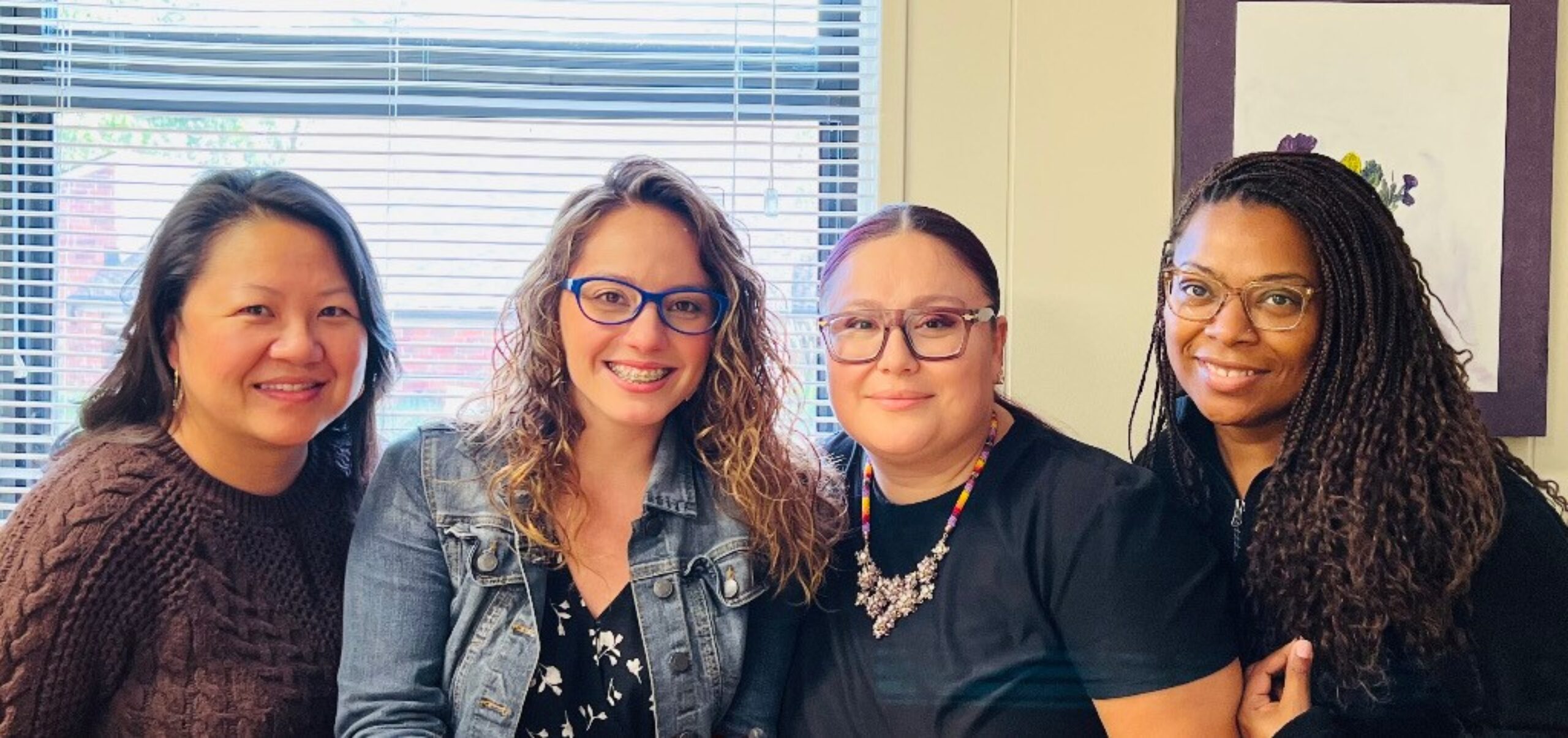
Grant Opportunities
F. R. Bigelow Foundation offers several nonprofit grant programs in Minnesota’s East Metro.
Grant Programs
F. R. Bigelow Foundation’s new grant programs and updated funding priorities were developed through a community-informed process.
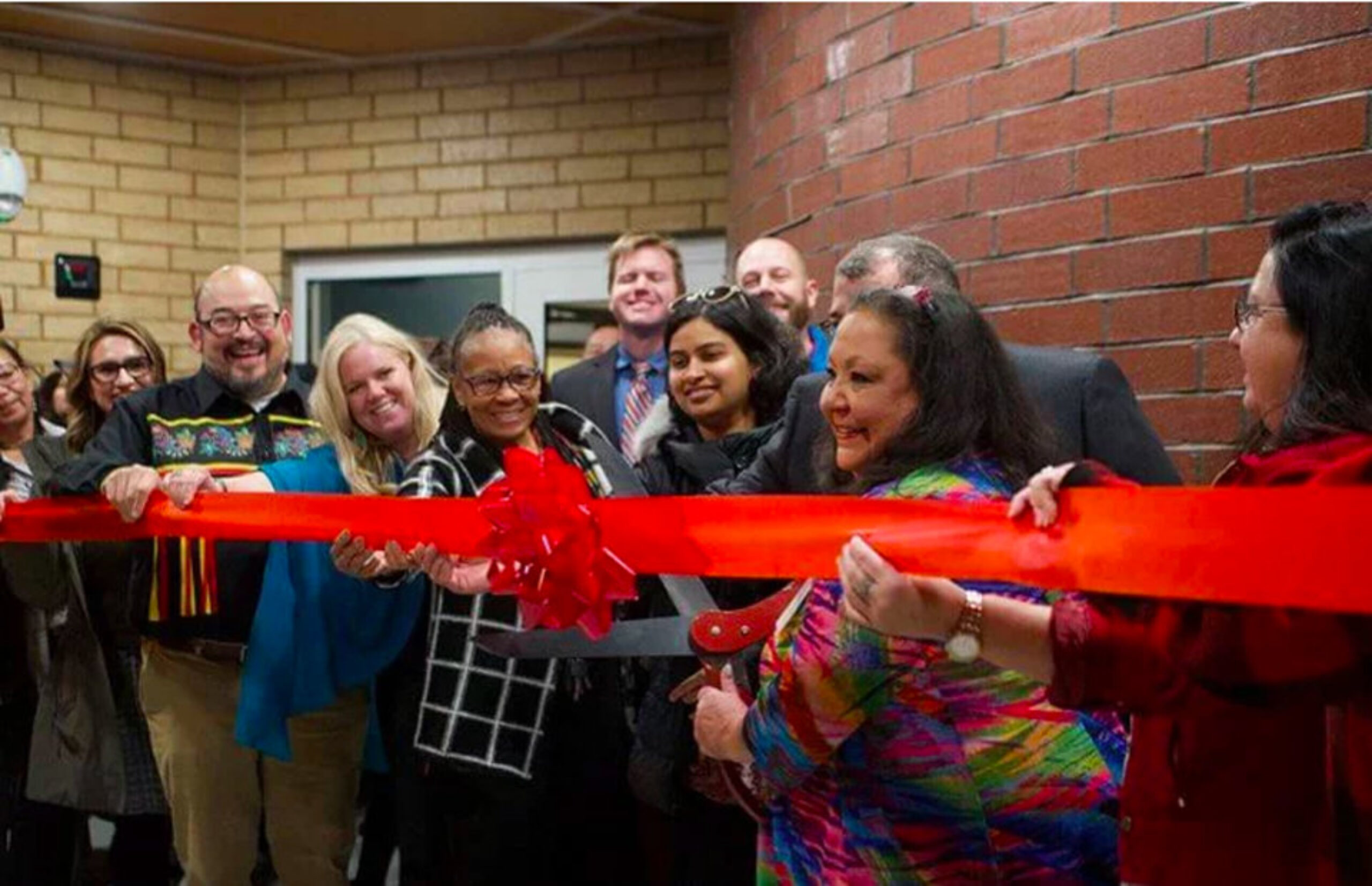
Community Solutions Grant Program
Our Community Solutions Grant Program offers general operating, program/project, or capital support in five focus areas: Arts & Culture; Community & Economic Development; Health; Human Services; and Youth & Education.
Grants support solutions that improve quality of life for East Metro residents. General operating and program/project grants will be up to $50,000 per year for a period of one to two years, and capital support grants will be up to $250,000 over two years.
This grant program is open and accepting applications on a rolling basis.
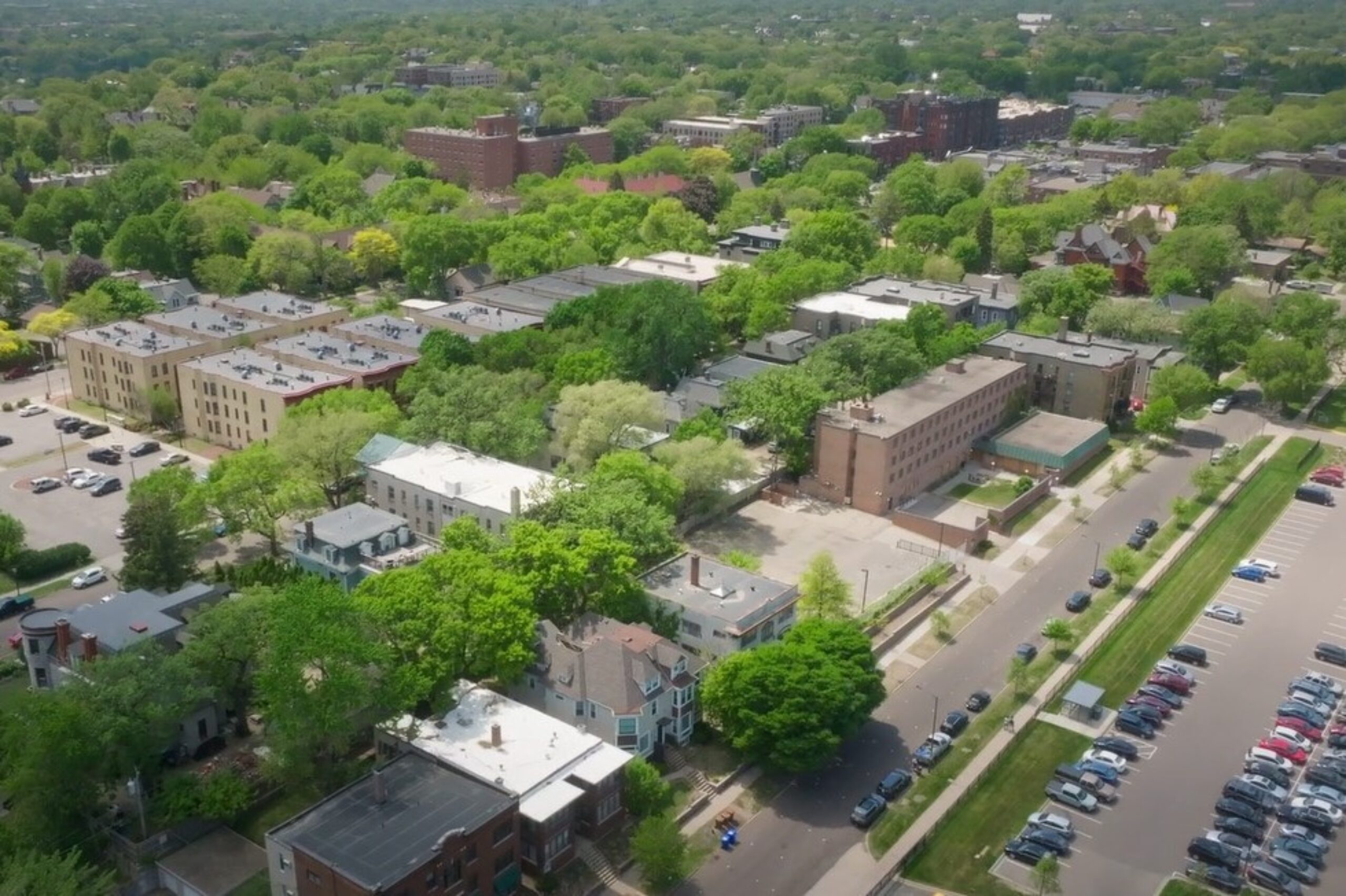
Systems Change Grant Program (Invite-Only)
Our Systems Change Grant Program (invite-only) supports efforts to help systems adapt, transform and/or be disrupted to achieve more equitable results.
General operating support will be awarded to organizations, programs or initiatives in or serving the East Metro working to address root causes of any issue impacting the East Metro (including, but not limited to, the five funding priorities of our Community Solutions Grant Program). Grant amounts and grant periods may vary.
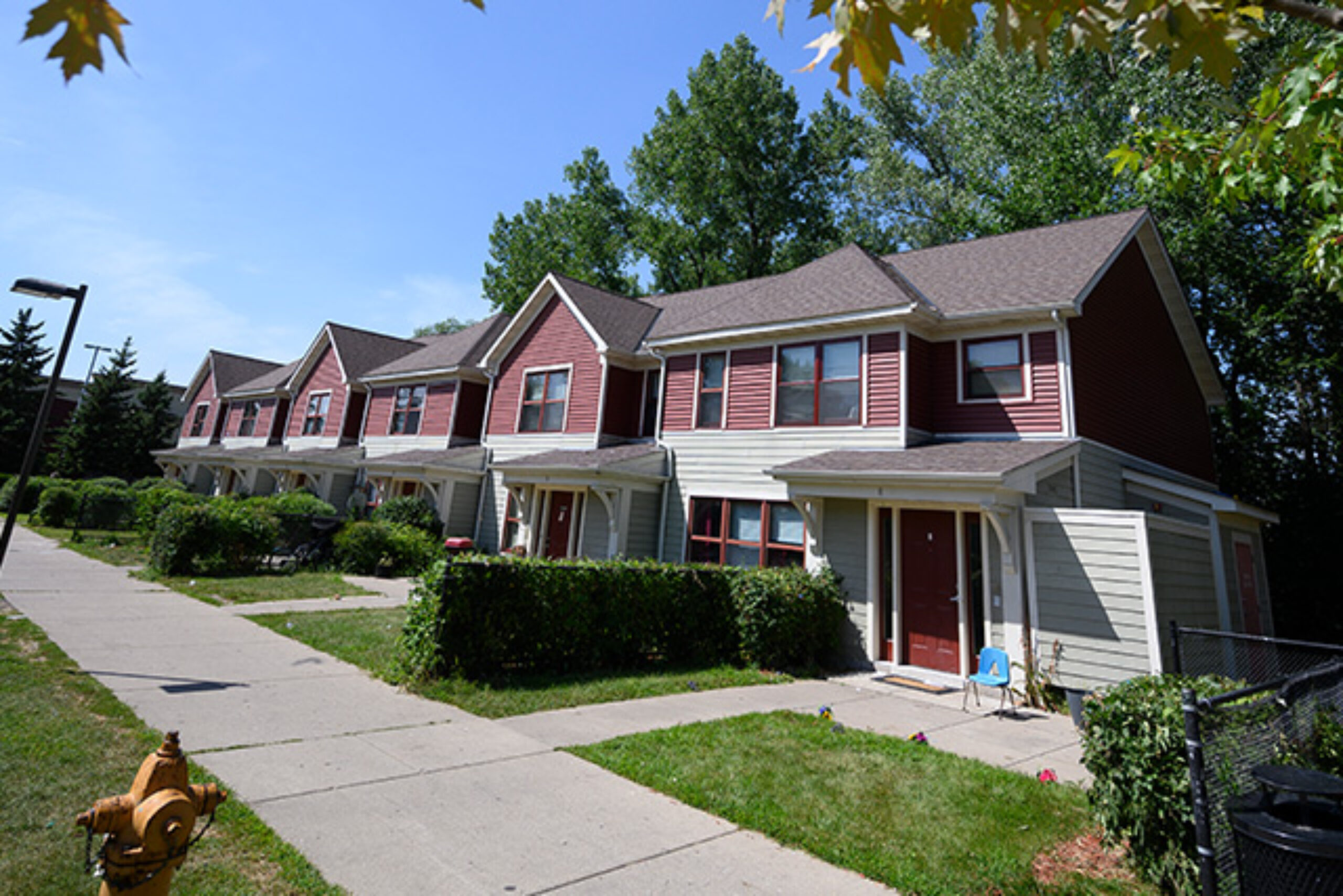
Our Home State Grant Program
A collaborative effort by the Saint Paul & Minnesota Foundation, F. R. Bigelow Foundation and Mardag Foundation, the Our Home State Grant Program seeks to increase access to housing across Minnesota.
The grants support organizations and programs that provide pathways to affordable, quality housing and/or are addressing homelessness.
Through five-year grants of up to $100,000 per year, we aim to fund systems change and/or direct service work to eliminate barriers and increase access to housing opportunities.
More information on this program will be available in summer 2026 and applications accepted by late 2026.
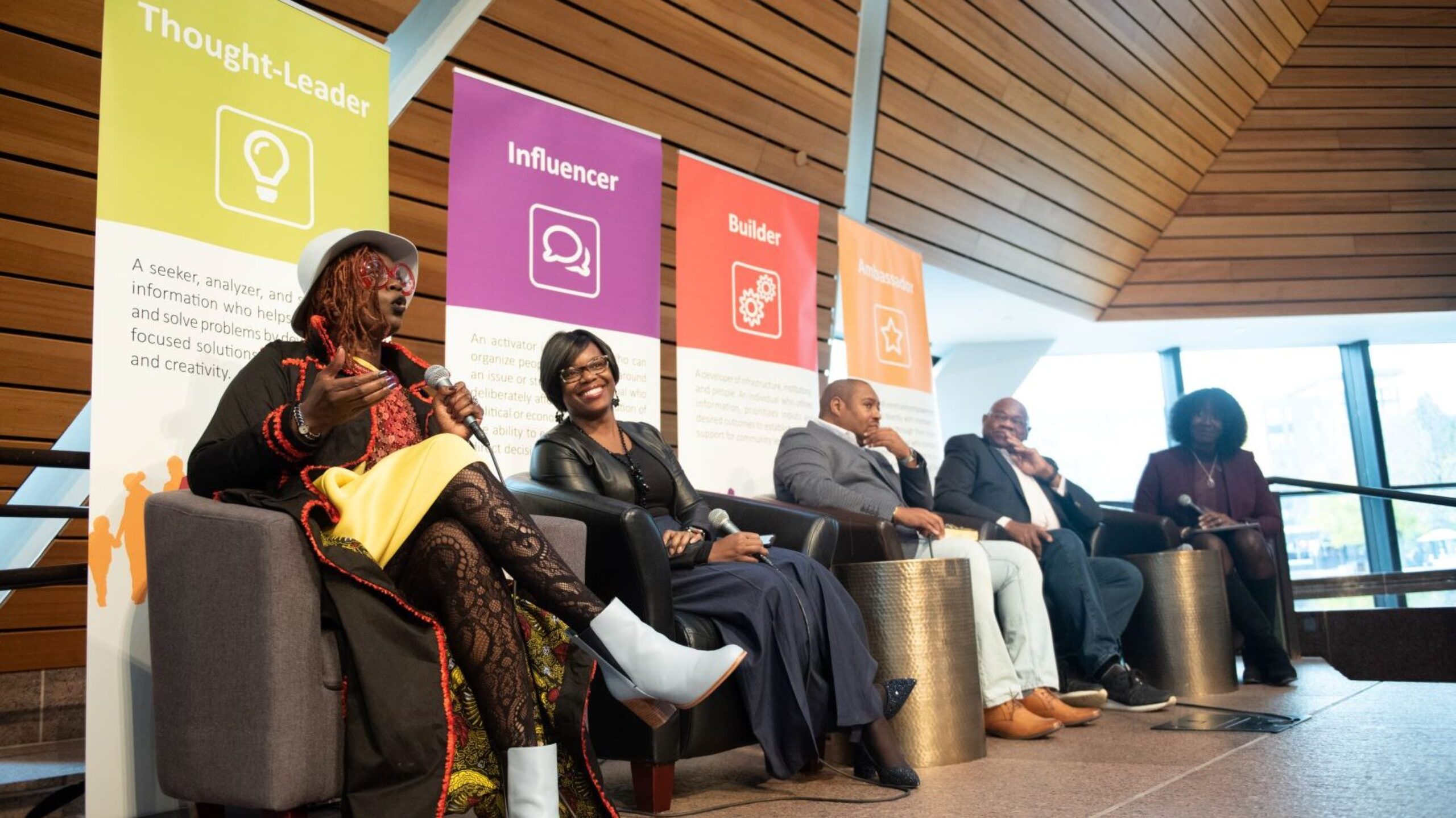
BIPOC Leadership Grant Program
Our BIPOC Leadership Grant Program provides multi-year grant support to organizations, programs and initiatives focused on advancing the leadership of Black, Indigenous and/or People of Color (BIPOC) in the region.
More information on this grant program will be available in summer 2026 and applications accepted by late 2026.
Resources for Grant Applicants
Grant Application Resources
Grant resources include key dates and instructions on how to register for and use GranteeView, our grant application portal.
Grants Team
Before applying, interested applicants are encouraged to contact a member of our Grants Team to ensure that the grant program fits your needs.
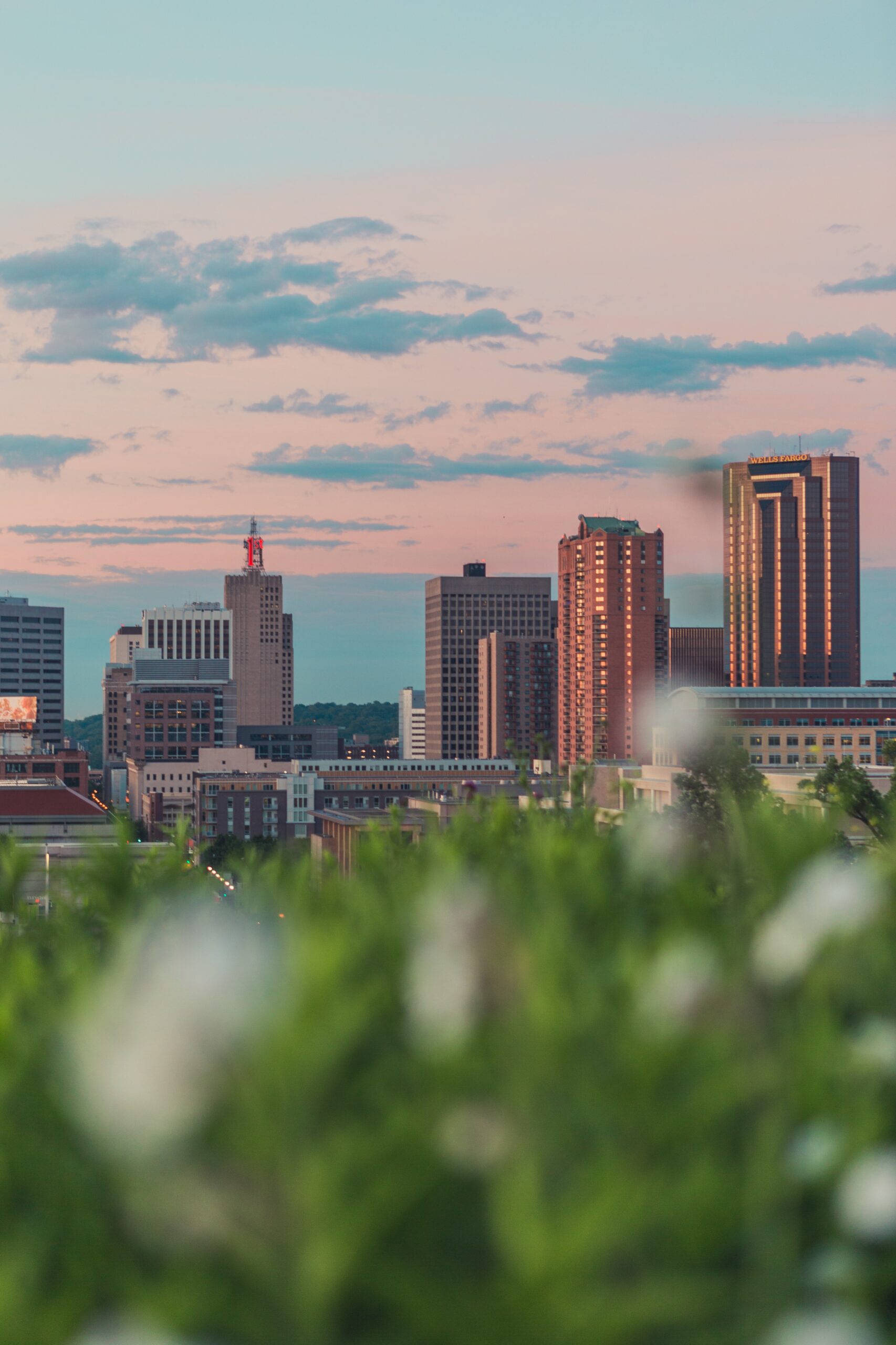
Nonprofits We Fund
We are proud to invest in community-led solutions and partner with nonprofit organizations doing incredible work in the East Metro.
